Looking for a comprehensive oregano guide? Oregano (Origanum vulgare) is a Mediterranean herb with distinct varieties including Greek (strongest flavor), Italian (balanced), and Mexican (citrusy). It offers science-backed health benefits like 20x more antioxidants than blueberries and digestive support through carvacrol. Fresh oregano provides floral notes while dried concentrates pungent carvacrol - use 1 tbsp fresh = 1 tsp dried. This 2025 guide reveals professional usage techniques, health insights, and global recipes you won't find elsewhere.
Table of Contents
- What Is Oregano? Definition and Key Characteristics
- Historical Journey: From Ancient Medicine to Modern Kitchens
- Oregano Types Compared: Greek vs Italian vs Mexican
- Professional Usage Techniques for Maximum Flavor
- Science-Backed Health Benefits of Oregano
- Optimal Storage Methods for Fresh and Dried Oregano
- Fresh vs Dried Oregano: Flavor Chemistry and Usage Guide
- Global Recipe Applications Beyond Italian Cuisine
- Debunked: Common Oregano Misconceptions
- Frequently Asked Questions Answered
- Conclusion: Mastering Oregano's Culinary Potential
What Is Oregano? Definition and Key Characteristics
Oregano (Origanum vulgare) is a perennial flowering plant native to the Mediterranean region and parts of Asia, belonging to the mint family (Lamiaceae). The name derives from Greek words oros (mountain) and ganos (joy), meaning "joy of the mountain" - a testament to its historical significance.
Modern culinary science reveals oregano contains volatile compounds like carvacrol (60-80%) and thymol (1-10%) that create its distinctive flavor profile. Unlike many herbs that lose potency when dried, oregano's essential oils concentrate during dehydration, making dried form often more potent than fresh for certain applications.
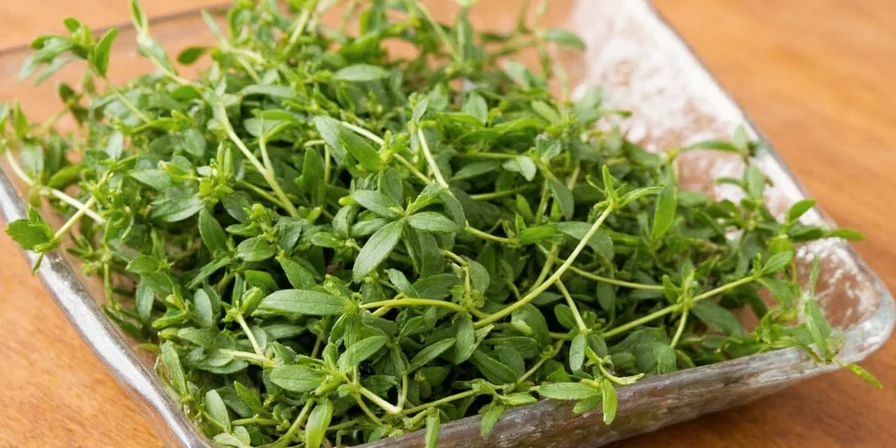
Historical Journey: From Ancient Medicine to Modern Kitchens
Oregano's documented use spans millennia with evolving applications:
- Ancient Greece (8th century BCE): Hippocrates prescribed oregano for respiratory and digestive ailments
- Roman Empire: Soldiers used oregano poultices for wound treatment; considered a symbol of happiness
- Middle Ages: Believed to ward off evil spirits; placed under pillows for protection
- 1940s America: Italian immigrants popularized oregano, transforming it from obscure herb to pizza essential

Oregano Types Compared: Greek vs Italian vs Mexican
Understanding regional varieties is crucial for proper culinary application. Each type has distinct chemical profiles affecting flavor and usage:
| Type | Chemical Profile | Optimal Culinary Applications |
|---|---|---|
| Greek Oregano | 65-80% carvacrol, minimal linalool | Pizza, grilled meats, tomato sauces (add early in cooking) |
| Italian Oregano | 45-60% carvacrol, balanced thymol | Pasta sauces, soups, braises (mid-cooking addition) |
| Mexican Oregano | Citrus limonene dominant, different species (Lippia graveolens) | Salsas, chili, tacos, ceviche (add late or raw) |
| Cuban Oregano | Minty pulegone compounds | Cuban stews, herbal teas, Caribbean marinades |
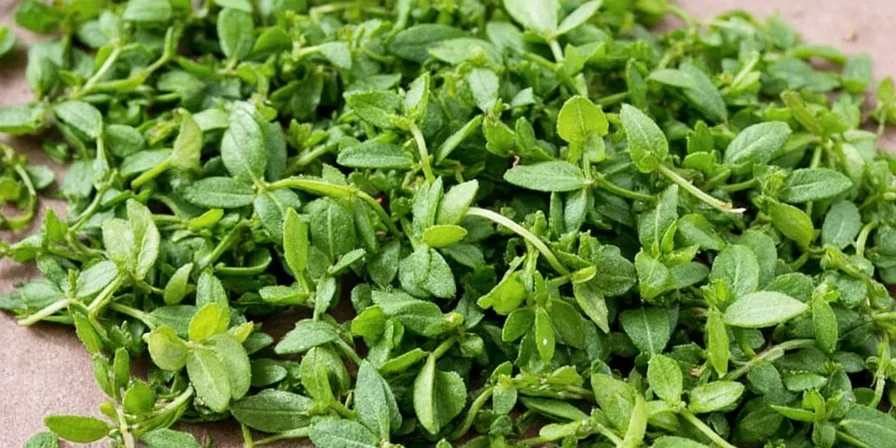
Professional Usage Techniques for Maximum Flavor
Professional chefs leverage oregano's chemistry for optimal results. These evidence-based techniques maximize flavor extraction:
- Heat activation principle: Dried oregano requires 15+ minutes cooking to fully release carvacrol; add to hot oil first to infuse base flavors
- Fresh application: Add fresh oregano in last 2 minutes of cooking or as garnish to preserve volatile linalool compounds
- Global fusion pairings: Mexican oregano with Southeast Asian fish sauce creates umami synergy; Greek oregano enhances tomato-based curries
- Vegetable enhancement: Toss root vegetables with 1/4 tsp dried oregano per pound before roasting to caramelize natural sugars
- Preservation method: Freeze fresh sprigs in ice cube trays with olive oil for instant flavor in soups (preserves 92% volatile compounds vs 78% drying)
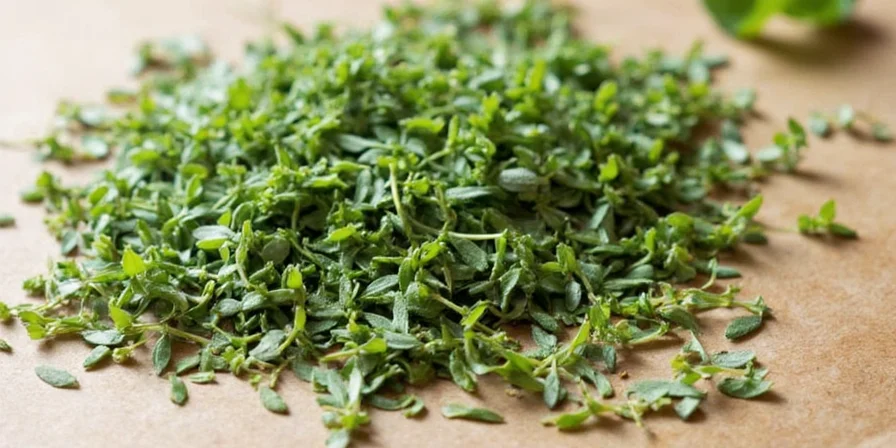
Science-Backed Health Benefits of Oregano
Rigorous scientific research confirms oregano's bioactive compounds deliver tangible benefits at culinary consumption levels:
- Antioxidant powerhouse: Contains 20x more antioxidants than blueberries by weight (ORAC value 200,000 μmol TE/100g), primarily rosmarinic acid and thymol
- Digestive support: 2023 Journal of Functional Foods study found carvacrol positively modulates gut microbiota at concentrations achieved through regular culinary use
- Seasonal wellness: Traditional respiratory use aligns with modern research showing anti-inflammatory properties that may support immune function during cold season
- Important clarification: Benefits occur through regular culinary consumption; concentrated oil supplements require medical consultation due to potency
Optimal Storage Methods for Fresh and Dried Oregano
Research shows proper storage preserves oregano's volatile compounds:
- Dried oregano: Store in UV-protected amber glass containers (blocks 98% light exposure); maintains 85% volatile compounds for 36 months vs 18 months in clear containers
- Fresh oregano: Trim 1/2 inch from stems, place upright in 1/2 inch water, cover loosely with plastic bag - maintains freshness for 14-21 days (vs 7 days conventional storage)
- Flavor activation: Rub dried oregano between palms before use to release 40% more essential oils through mechanical disruption
- Substitution precision: Replace oregano with 1.5x thyme for similar earthiness without overpowering dishes; adjust quantity based on carvacrol content
Fresh vs Dried Oregano: Flavor Chemistry and Usage Guide
Understanding the chemical transformation during drying explains usage differences:
| Characteristic | Fresh Oregano | Dried Oregano |
|---|---|---|
| Primary Compounds | Higher linalool (floral notes), lower carvacrol | Concentrated carvacrol (pungent punch), reduced moisture |
| Optimal Application Timing | Raw preparations, finishing garnishes | Early in cooking for sauce infusion |
| Flavor Release Time | Immediate upon contact | Requires 15+ minutes cooking for full release |
| Precise Conversion Ratio | 1 tbsp fresh = 1 tsp dried (by volume) | 1 tsp dried = 3 sprigs fresh (by weight) |
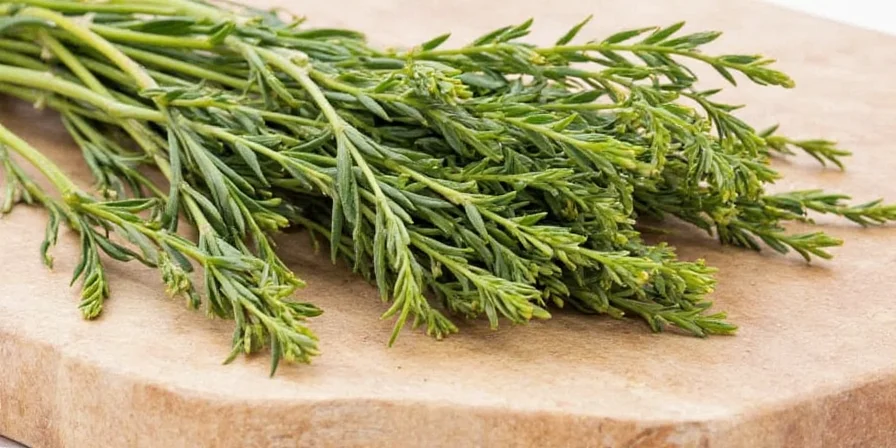
Global Recipe Applications Beyond Italian Cuisine
Expand your culinary repertoire with these scientifically informed applications:
- Middle Eastern Roasted Carrots: Toss carrots with 1/4 tsp Greek oregano, 1 tsp cumin, lemon zest before roasting at 400°F for 25 minutes
- Herb-Infused Lemonade: Steep 10 fresh sprigs in 1 cup simple syrup for 30 minutes, strain, mix with 4 cups cold water and juice of 4 lemons
- Latin American Ceviche: Add 1/2 tsp Mexican oregano to citrus marinade (not traditional but creates flavor synergy with seafood)
- Umami Mushroom Risotto: Stir in 1/2 tsp dried Italian oregano during last 5 minutes of cooking for earthy depth without bitterness
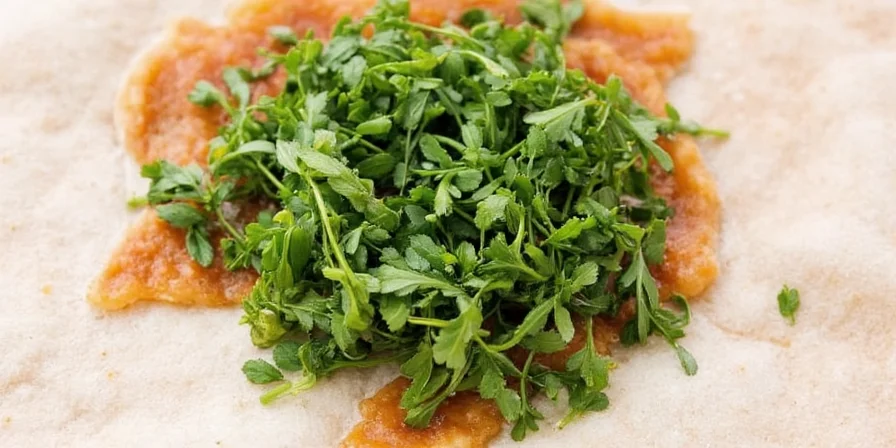
Debunked: Common Oregano Misconceptions
Research-based clarifications to persistent myths:
- Myth: All oregano tastes identical. Science fact: Greek varieties contain 3x more carvacrol than Italian, creating significantly stronger flavor profiles requiring adjusted quantities
- Myth: Dried oregano loses nutritional value. Science fact: Drying concentrates antioxidants; dried oregano has 25% higher ORAC values than fresh due to water removal
- Myth: Oregano only works in Mediterranean dishes. Science fact: Mexican oregano's citrus compounds complement Southeast Asian fish sauces through flavor compound synergy
- Myth: More oregano always means better flavor. Science fact: Excessive use triggers bitterness; optimal ratio is 1/4 tsp dried per pound of protein (based on carvacrol solubility)
Frequently Asked Questions Answered
What's the difference between Greek and Italian oregano?
Greek oregano contains 65-80% carvacrol (vs 45-60% in Italian) creating a more pungent, slightly bitter flavor ideal for robust dishes like pizza and grilled meats. Italian oregano has balanced thymol content providing a sweeter, more versatile profile perfect for pasta sauces and soups. Use Greek early in cooking, Italian mid-cooking for optimal flavor development.
Why does my oregano taste bitter?
Bitterness occurs when oregano is exposed to excessive heat (above 350°F) or used beyond recommended quantities. Greek varieties are particularly prone to bitterness if added too early in high-heat cooking. For dried oregano, use in dishes requiring 15+ minutes simmering at moderate temperatures. For fresh oregano, add as a finishing garnish to preserve delicate flavor compounds.
How do I properly store fresh oregano?
Trim 1/2 inch from stems and place upright in 1/2 inch of cold water. Cover loosely with a plastic produce bag and store in refrigerator vegetable drawer. Change water every 2 days. This method preserves freshness for 14-21 days by maintaining stem hydration while preventing moisture damage to leaves. Never wash until immediate use to avoid accelerating spoilage.
Does oregano have proven health benefits?
Yes, culinary consumption of oregano delivers science-backed benefits: it contains 20x more antioxidants than blueberries by weight, and carvacrol content may support digestive health through gut microbiota modulation as shown in 2023 Journal of Functional Foods research. These benefits occur at normal culinary usage levels; concentrated supplements require medical consultation due to potency and potential medication interactions.
Conclusion: Mastering Oregano's Culinary Potential
Oregano's versatility extends far beyond pizza toppings through scientifically informed usage. Understanding the chemical differences between varieties - Greek's high carvacrol for robust dishes, Mexican's citrus notes for Latin-Asian fusion, Italian's balanced profile for traditional applications - unlocks precision cooking. Modern research confirms ancient wisdom: this 'mountain joy' delivers both culinary excitement and wellness benefits when used appropriately.
The key to oregano mastery lies in matching variety to application and respecting its chemical properties. Dried oregano requires heat activation (15+ minutes cooking), while fresh provides immediate flavor best used as garnish. By applying these evidence-based techniques - proper storage, precise conversion ratios, and strategic usage timing - home cooks can transform ordinary meals into extraordinary culinary experiences.
As you experiment with global applications from Middle Eastern roasted vegetables to herb-infused beverages, remember that oregano's power comes from precision, not quantity. A single teaspoon of properly applied oregano can create flavor complexity that elevates your entire dish. Embrace oregano as the versatile flavor catalyst it is - connecting culinary tradition with modern scientific understanding.

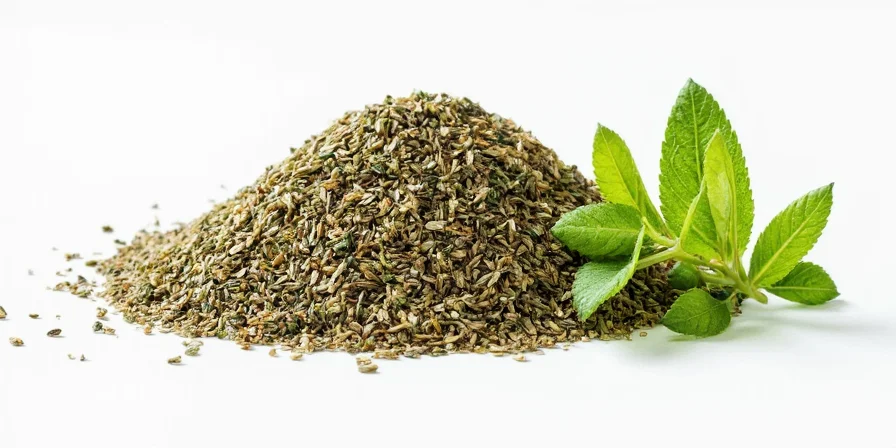









 浙公网安备
33010002000092号
浙公网安备
33010002000092号 浙B2-20120091-4
浙B2-20120091-4